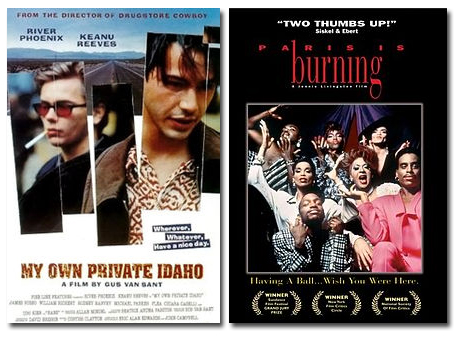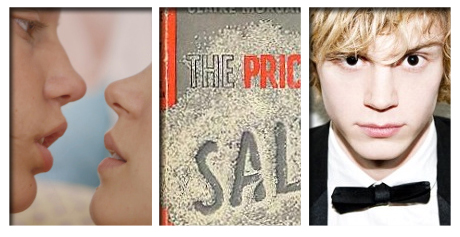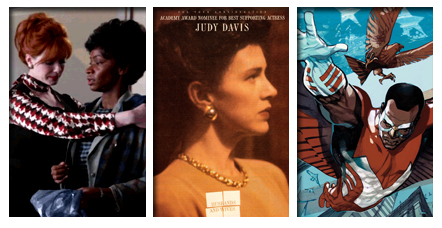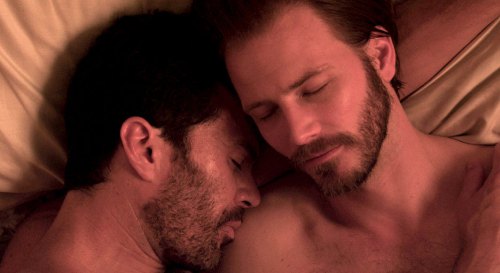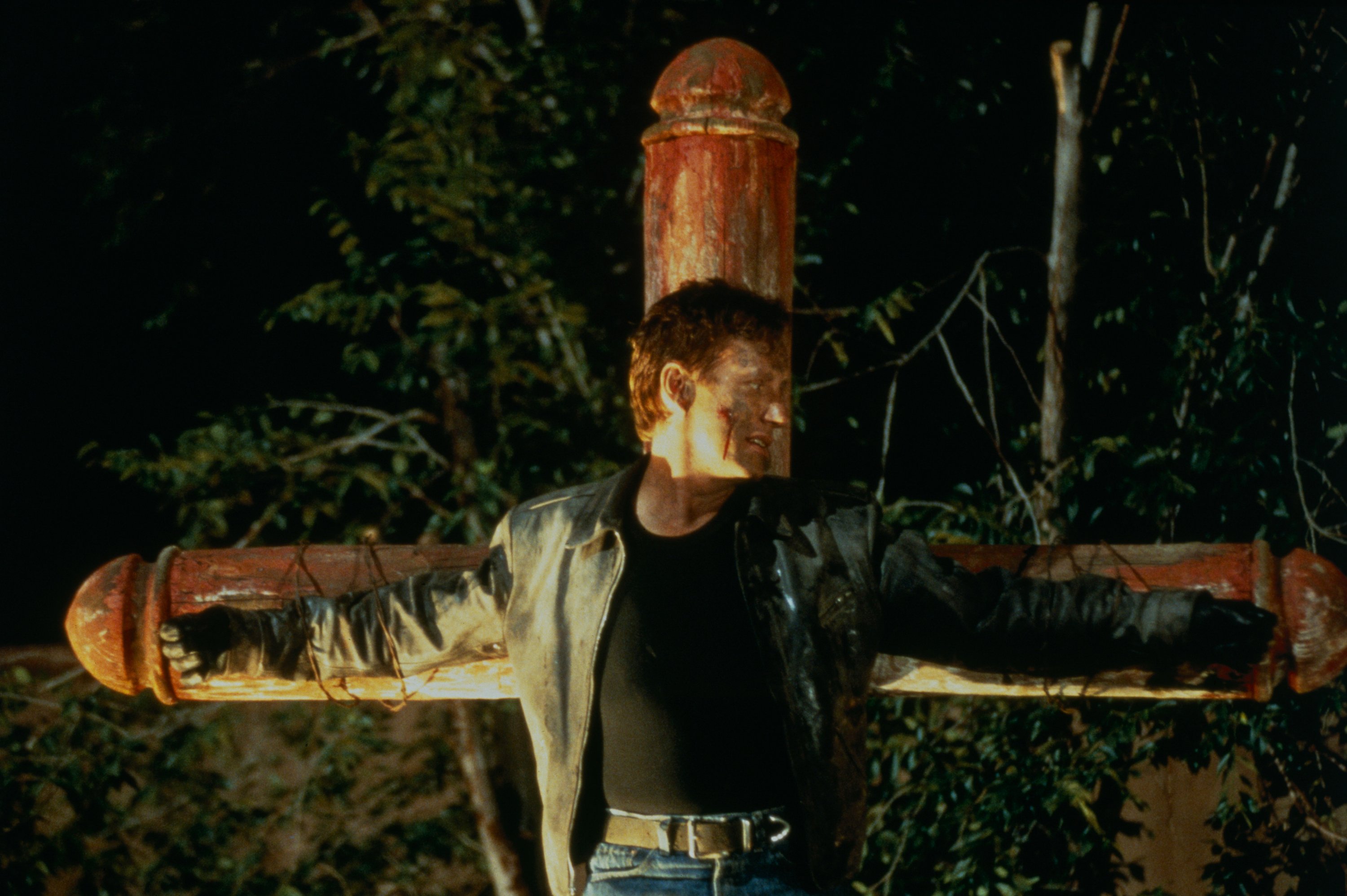An interview with Nick Davis, on "The Desiring-Image"
 Thursday, June 27, 2013 at 10:00PM
Thursday, June 27, 2013 at 10:00PM  Tim here. Just in time for Gay Pride Month, sometime Film Experience contributor and generally terrific film writer Nick Davis had his very first book published, The Desiring-Image: Gilles Deleuze and Contemporary Queer Cinema. After having torn through my copy a little bit faster than the densely academic arguments necessarily deserved, I sat down with Nick to chat about some aspects of the book.
Tim here. Just in time for Gay Pride Month, sometime Film Experience contributor and generally terrific film writer Nick Davis had his very first book published, The Desiring-Image: Gilles Deleuze and Contemporary Queer Cinema. After having torn through my copy a little bit faster than the densely academic arguments necessarily deserved, I sat down with Nick to chat about some aspects of the book.
(Disclosure: not only are Nick and I friends, I make an appearance in the acknowledgements, as does Nathaniel, our host. But that’s why this isn’t a “review”)
Tim Brayton: Just to clarify: for you and for the book, “queer theory” and “queer cinema” is complementary to, but not necessarily the same as, gay and lesbian cinema.
Nick Davis: Yes. “Queer” both as a scholarly term, and a term that filmmakers are using for their work, is sort of bringing a more political edge to gay or lesbian or bisexual storylines, and doing so in such a way that it’s hard to talk about sexuality without also talking about other forces and other aspects of your social situation that impact who you relate to, how, what you know about yourself, whether you think you have a sexuality, or whether it’s something that changes or goes by another name.
TB: The book is an investigation into queer theory and the writing of Gilles Deleuze, using them to comment on each other. I gather that Deleuze is not somebody who crops up often in queer discussion very much, so what started you on this line of thought?
